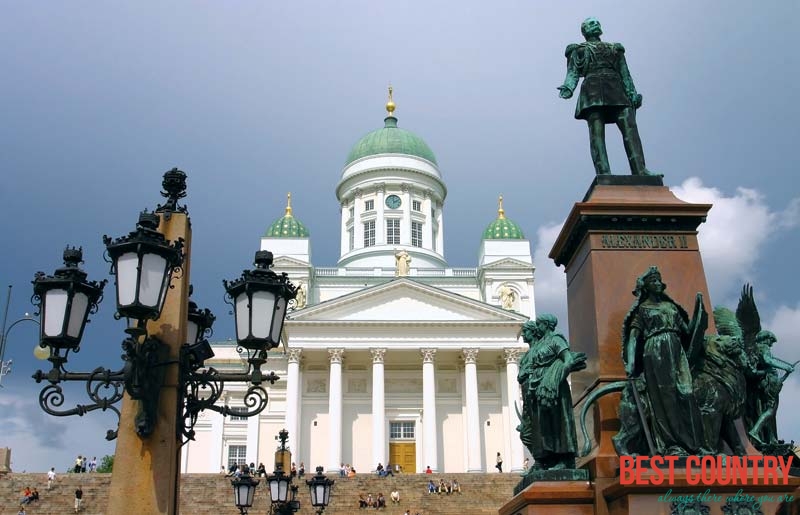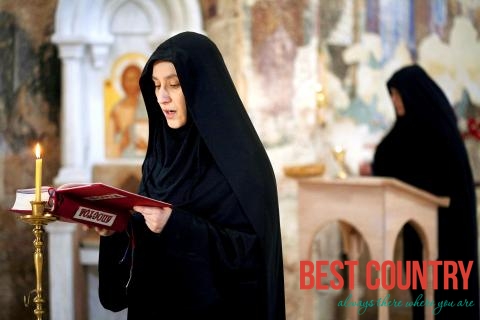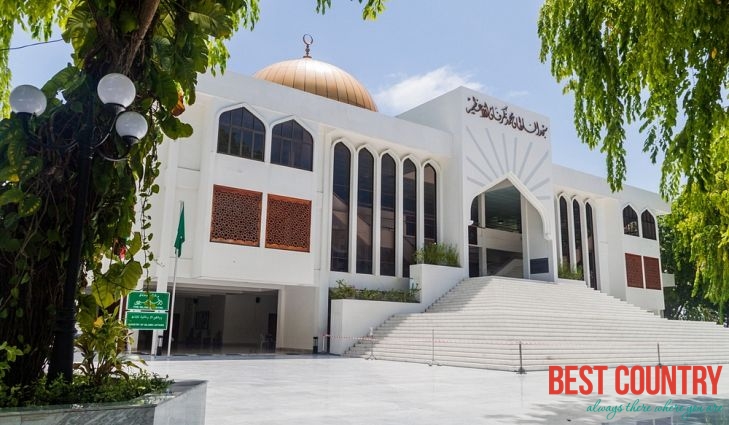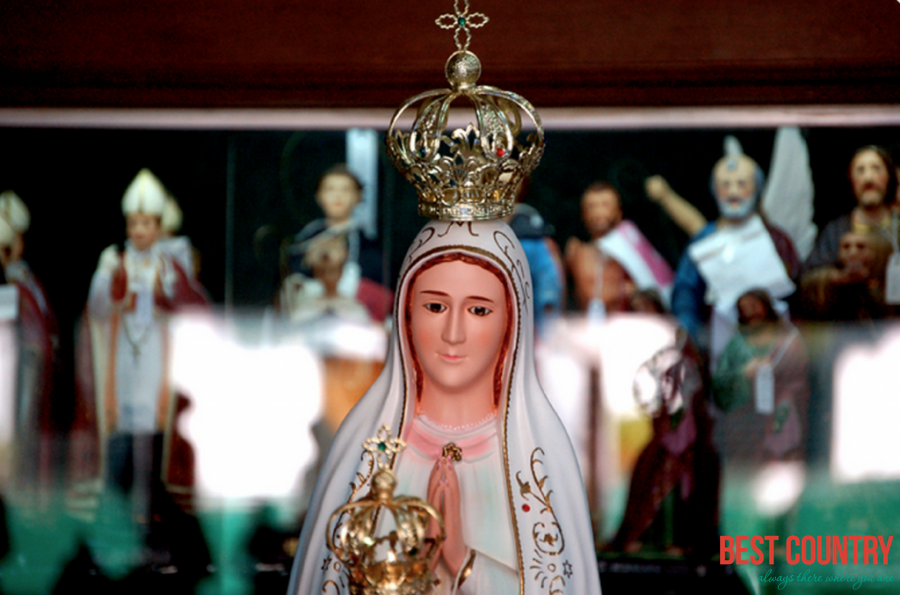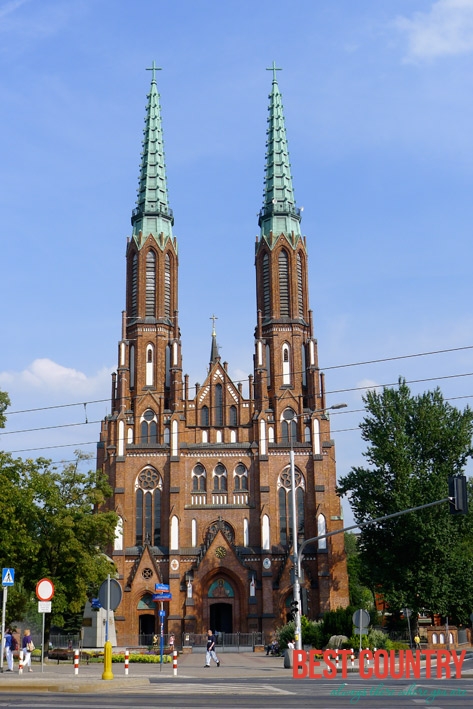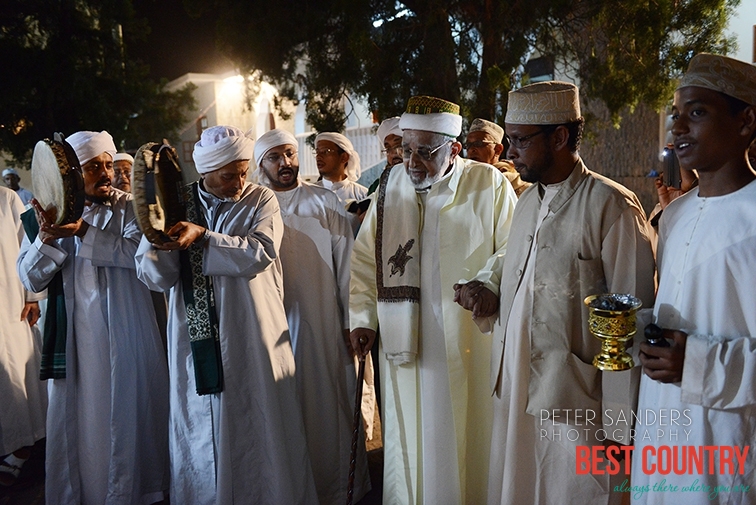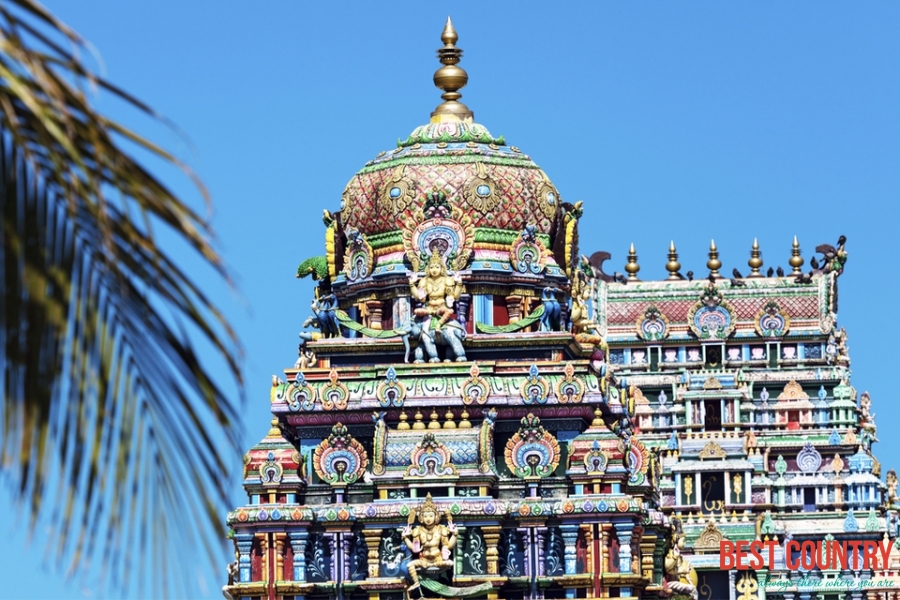Religion in different countries
Finland Religion
Finland is a free society. Finland religion exhibits differences like Christianity, Hindus and Muslims. There are significant numbers of atheists, who belong to no religion.
Religions and churches in Ukraine
As with most European countries, Ukrainians were originally a pagan nation of idol worshippers. In 988 AD, Prince Vladimir the Great of Kiev accepted Orthodox Christianity and brought the entire country under the influence of the Byzantine Empire. The period was characterized by mass baptisms, when many of the Prince’s subjects converted to Christianity. Despite changes over the past 1000 years, Ukrainian Orthodox Christianity remains the main religion of Ukraine today, with some 70% of Ukrainians still claiming to belong to this faith. However, there are a number of other religions in Ukraine.
Religion of Serbia
Serbia religions include the Serbian Orthodox Church, the Muslim Community of Serbia that is mostly Sunni, the Jews, the Native minority following regional faith, and the Eastern Orthodox church.
Religion in Romania
Romania is a secular state, and it has no state religion. However, an overwhelming majority of the country's citizens are Christian. 86.7% of the country's population identified as Eastern Orthodox in the 2002 census (see also: History of Christianity in Romania).
Maldives Religions
With the exception of Shia members of the Indian trading community, Maldivians are Sunni Muslims; adherence to Islam, the state religion since the twelfth century, is required for citizenship.
Religion in Portugal
Portugal has no official religion. The most predominant religion in Portugal is Roman Catholicism.
Religious beliefs in Poland
Poland has no official religion but majority of the population belong to the Roman Catholic. It is approximated that over 90% of Poles are nominal Roman Catholic.
Religion in Comoros
Islam is followed by about 99 percent of Comorians, almost all of whom are Sunni Muslims. Fewer than 400 citizens—approximately 1 percent of the population—are Christian, all of whom reportedly converted to Christianity within the last half of the 1990s. Small groups of foreigners are Hindus or Christians.
Religion in Fiji
Indigenous Fijians are mostly Christian (97.2% at the 1996 census), and the Indo-Fijians mostly Hindu (70.7%) and Muslim (17.9%). Breakdown per the CIA world factbook: Christian 64.5% (Methodist 34.6%, Roman Catholic 9.1%, Assembly of God 5.7%, Seventh Day Adventist 3.9%, Anglican 0.8%, other 10.4%), Hindu 27.9%, Muslim 6.3%, Sikh 0.3%, other or unspecified 0.3%, none 0.7% (2007 census).
Religion in Tuvalu
The Church of Tuvalu, (Te Ekalesia Kelisiano Tuvalu) has historic ties to the Congregational Church and other churches in Samoa, and has the largest number of followers. All nine island groups have traditional chiefs who are members of the Church of Tuvalu. Most followers of other religions or denominations are found in Funafuti, the capital, with the exception of the relatively large proportion of followers of the Bah Faith on Nanumea Island. Missionaries are present and operate freely.
Religion in Tonga
The king and the majority of the royal family are members of the Free Wesleyan Church (Methodist) which claims some 40,000 adherents in the country. There are four other Methodist denominations in the country. The Roman Catholic Church and The Church of Jesus Christ of Latter-day Saints each have a strong presence in the country as well. Tonga also has members of the Seventh-day Adventist Church, Anglicans, adherents of the Bah Faith, Hinduism, Buddhism and Muslims.
Religion and Beliefs in Malaysia
Malaysia is a multicultural society with Islam as the dominant religion, whose followers make up 61 per cent of the population, but the constitution guarantees religious freedom for many other faiths.
Jamaican Religion
Religion is a very important part of everyday life in Jamaica. Primarily on Saturdays and Sundays the streets are filled with adults and children holding their Bibles and heading to and from Church.
Religion in Kuwait
The majority of Kuwaiti nationals are Sunni Muslims; the minority are Shia. Figures have never been published on the number of Shia, but estimates in the 1980s ranged from 15 to 25 percent of the national population. Shia are a diverse group.
